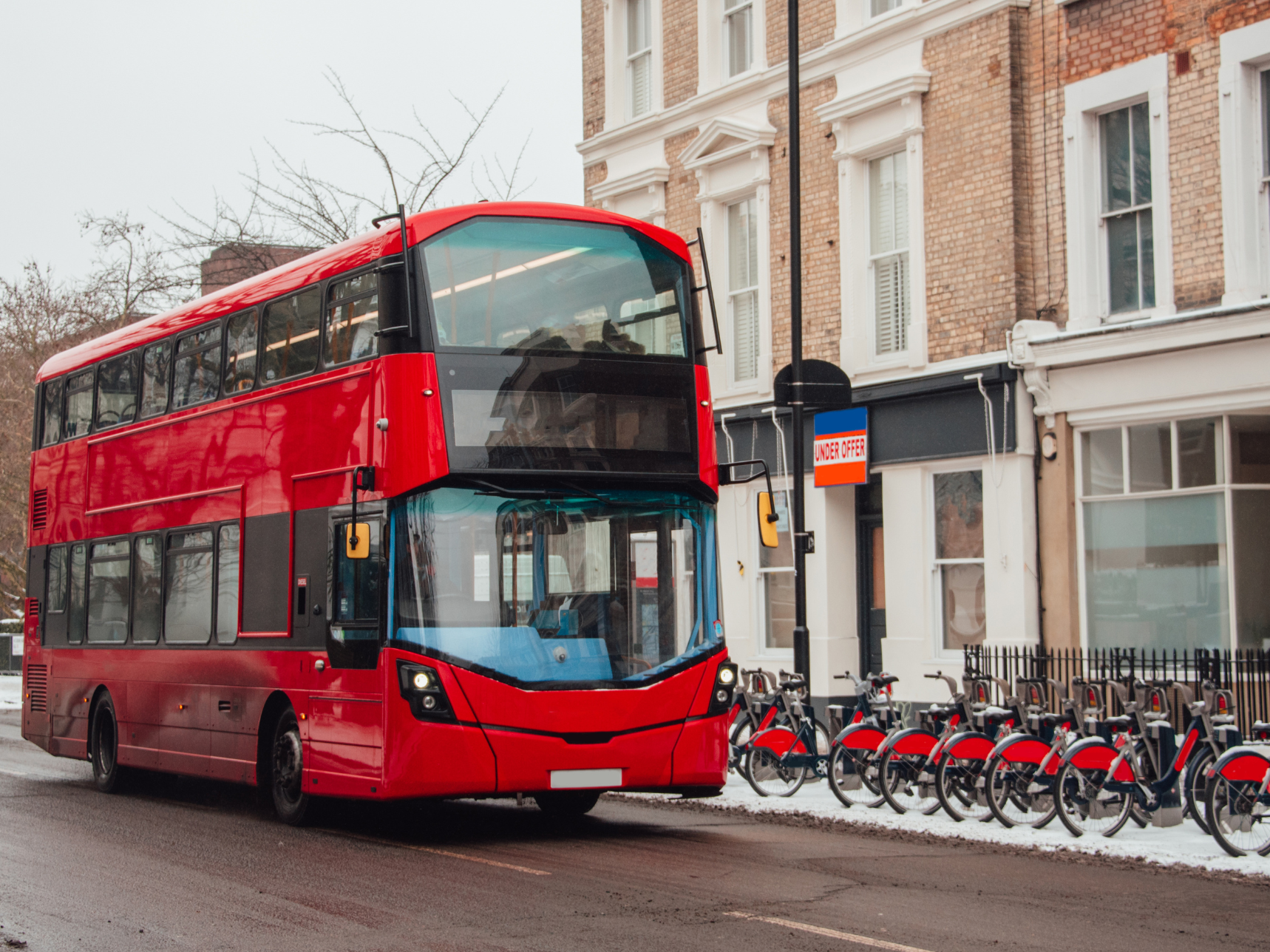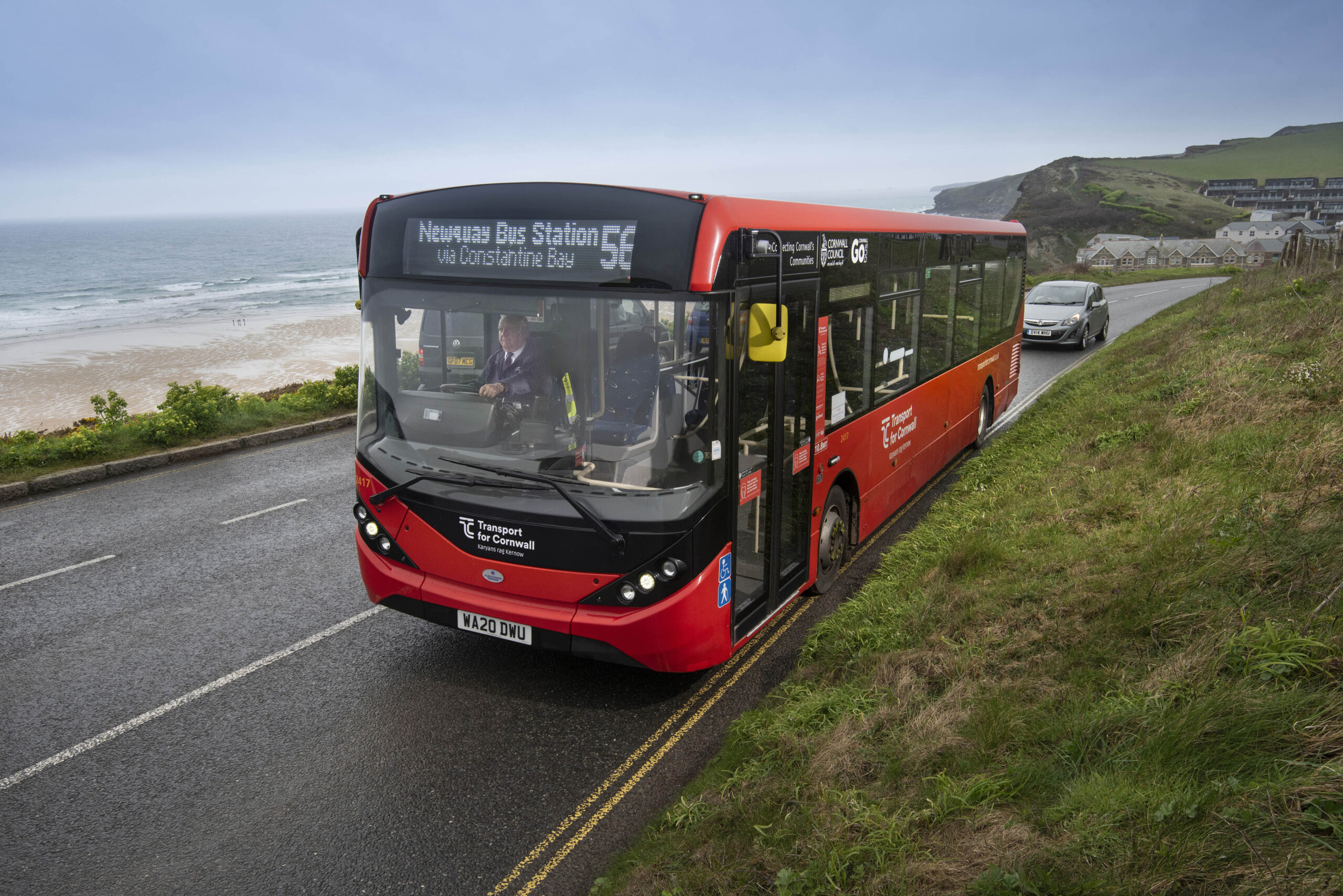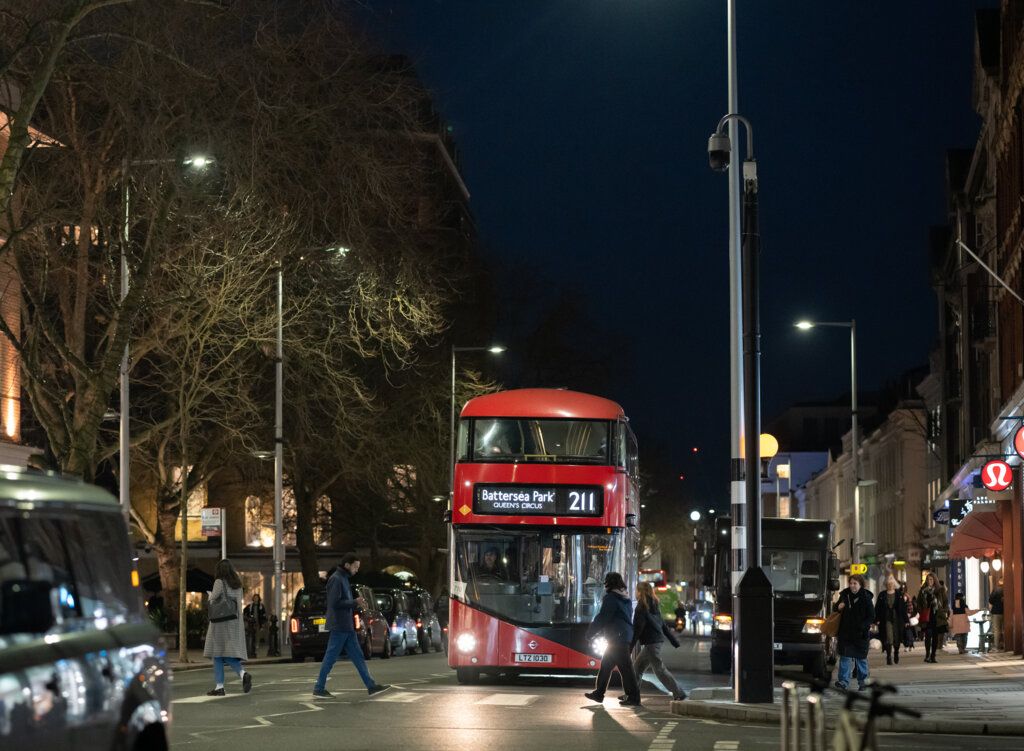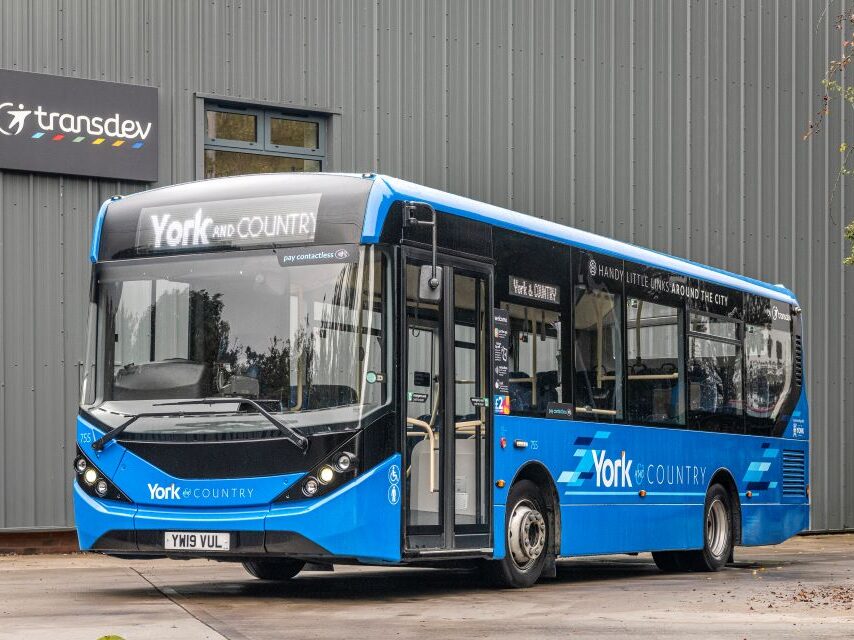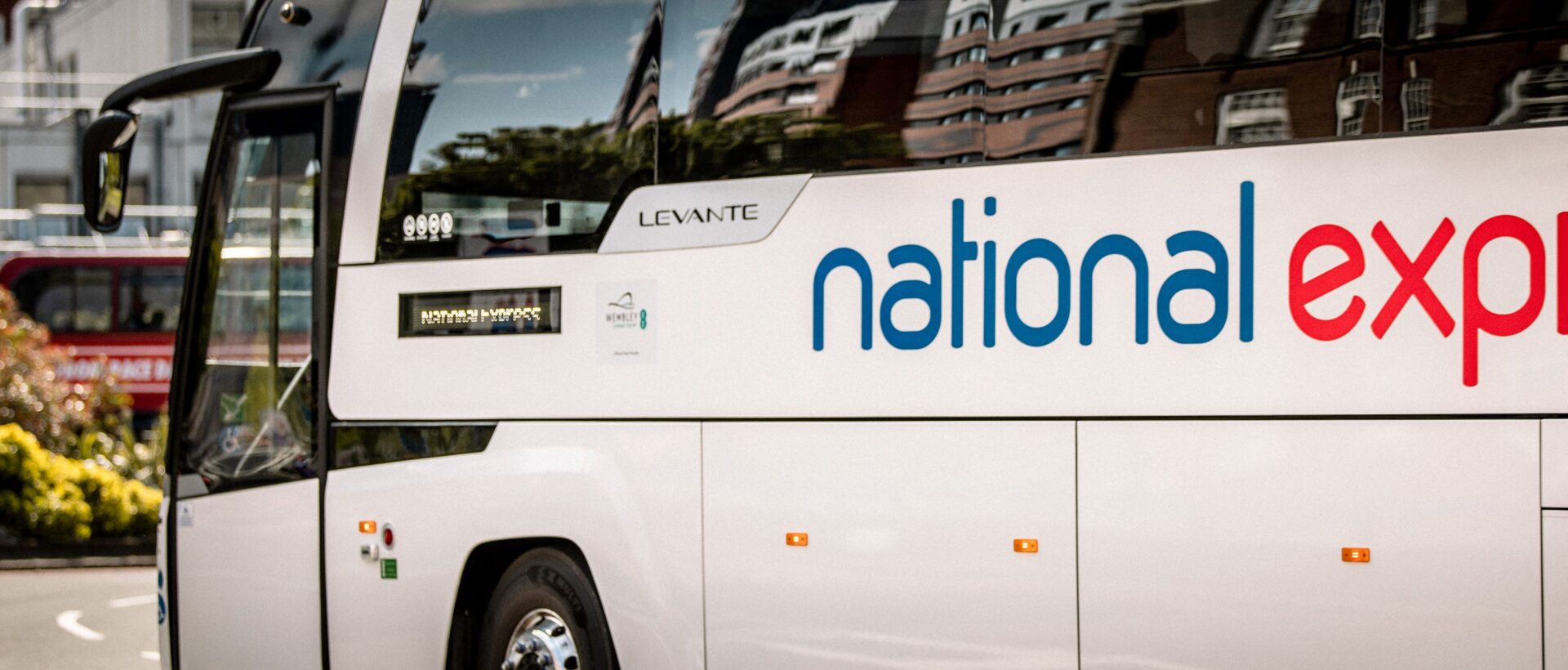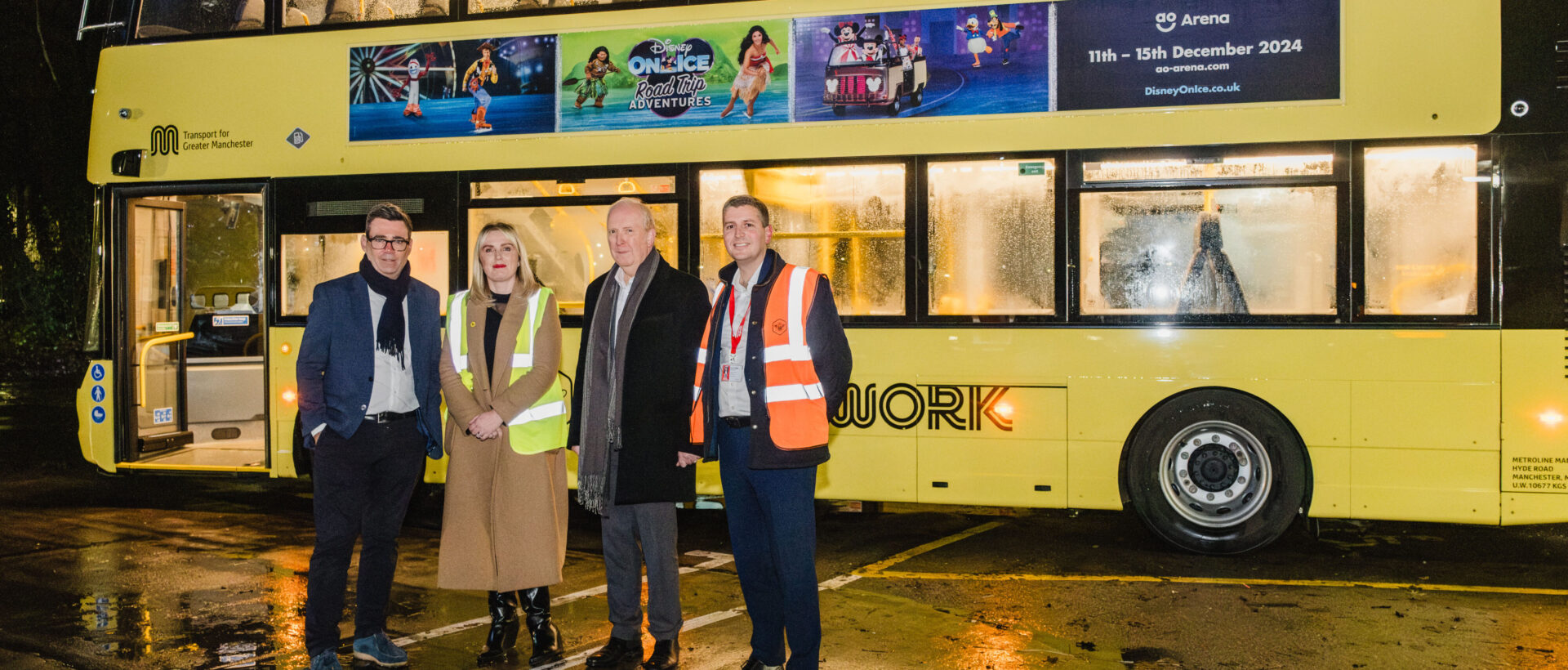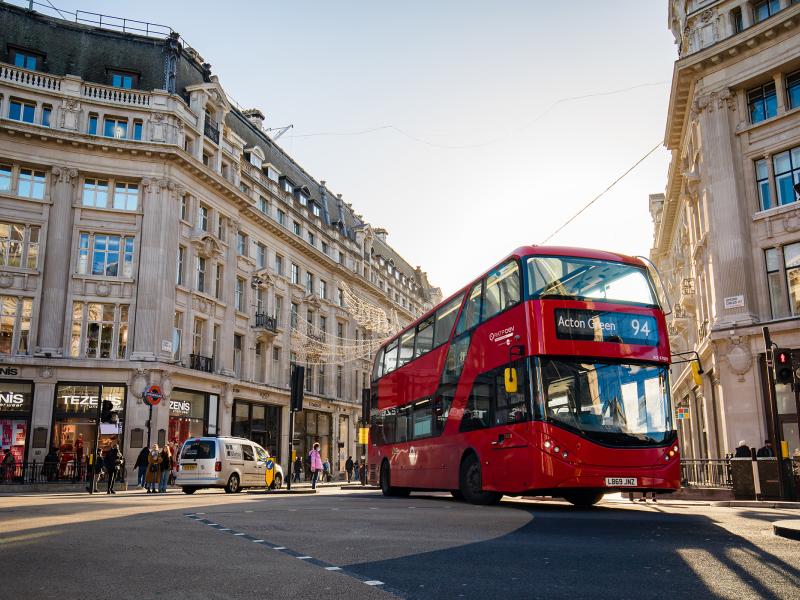From 1 January, a new 3 GBP single fare cap has been introduced for bus journeys in England, rising from the previous 2 GBP initiative.
This cap is being supported by 150 million GBP in government funding as part of its Plan for Change.
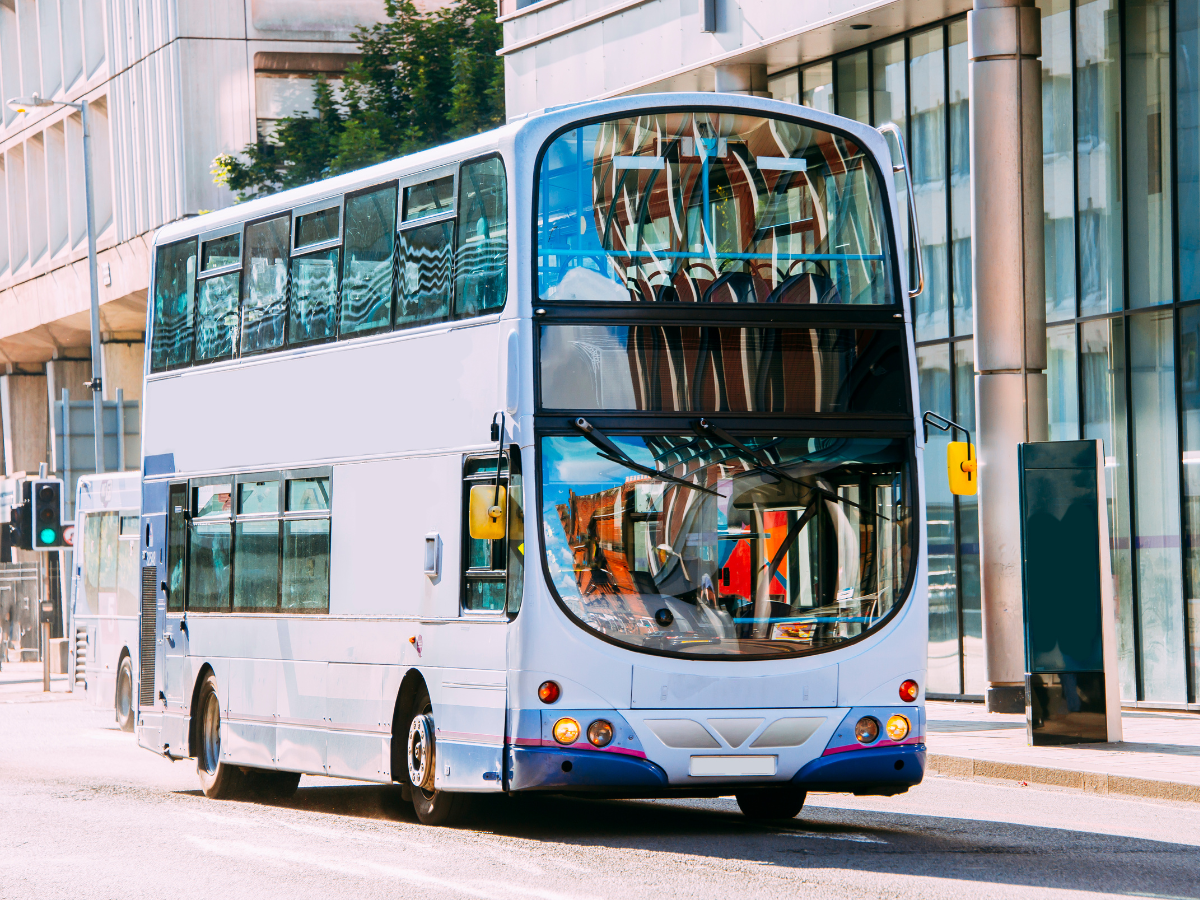
The existing 2 GBP single fare limit was due to expire at the end of 2024, which would have led to significant price increases. The Government’s intervention thus extends the cap into 2025, setting it at 3 GBP.
Despite the 50% fare increase, the government emphasises that this scheme will help passengers save up to 80% on some routes. For instance, the fare for a Leeds-to-Scarborough journey, which could have risen to 15 GBP, will remain capped at 3 GBP.
While the cap applies to participating routes, local authorities and Metro Mayors retain the flexibility to implement their own fare schemes. Leaders like Andy Burnham in Greater Manchester and Tracy Brabin in West Yorkshire have pledged to keep fares at 2 GBP in their regions.
Local Transport Minister Simon Lightwood said:Buses are vital to help people get to work, the doctor, or see their friends and family — they boost growth, support communities, and provide opportunity.
That’s why we’re stepping in to make sure fares are capped at the lowest point possible, saving people up to 80% on travel and ensuring that our buses continue to be an attractive, affordable way to get around.
As we rebuild Britain with our Plan for Change, this £150 million investment is just the beginning. Our Bus Services Bill is currently passing through Parliament and will hand power back to local authorities to choose how they want to run their local buses — giving them greater control over fares, routes, and timetables.
Elsewhere in Europe, reduced bus fares have resulted in positive ridership trends and an increased modal shift away from private cars.
This influence indicates the risk of rising bus fares at a time when we should be encouraging more people to take public transport to help reduce congestion and meet climate goals.











